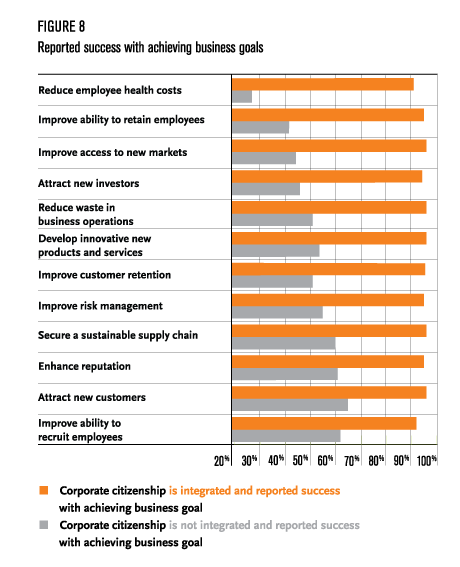 Last month, the leaders of seven of the world’s largest economies came together for the G7 summit, and committed to ending reliance on fossil fuels by 2100. In concert with that goal, they pledged to reduce carbon emissions 40-70 percent below 2010 levels by 2050. While the practical details of how these reductions are to be achieved have yet to be outlined, the commitment is a strong signal of how climate change has risen to the forefront of the global environmental and geopolitical discussions. Now, according to Sir David King, the top climate change diplomat in the United Kingdom, we can expect a climate deal to be reached during November’s United Nations Climate Change Conference in Paris.
Last month, the leaders of seven of the world’s largest economies came together for the G7 summit, and committed to ending reliance on fossil fuels by 2100. In concert with that goal, they pledged to reduce carbon emissions 40-70 percent below 2010 levels by 2050. While the practical details of how these reductions are to be achieved have yet to be outlined, the commitment is a strong signal of how climate change has risen to the forefront of the global environmental and geopolitical discussions. Now, according to Sir David King, the top climate change diplomat in the United Kingdom, we can expect a climate deal to be reached during November’s United Nations Climate Change Conference in Paris.
The challenge that our world leaders are now taking on is one that many of our members accepted some time ago. UPS, for example, met its 2016 goal of reducing carbon intensity by 10 percent in 2013, and is now well on its way to meeting its 2020 goal of a 20 percent reduction—all while delivering more goods. Meanwhile, AMD has committed to delivering at least 25 times more energy efficiency from their accelerated processing units (APUs) by the year 2020.
 These impressive success stories illustrate that business leaders understand the impacts of environmental, social, and governance (ESG) issues and appreciate the role of corporate citizenship professionals in addressing them—and driving business and social value. The Center’s 2014 State of Corporate Citizenship study supports this anecdotal evidence with data, as the majority of executive respondents report that the integration of corporate citizenship helps achieve business goals.
These impressive success stories illustrate that business leaders understand the impacts of environmental, social, and governance (ESG) issues and appreciate the role of corporate citizenship professionals in addressing them—and driving business and social value. The Center’s 2014 State of Corporate Citizenship study supports this anecdotal evidence with data, as the majority of executive respondents report that the integration of corporate citizenship helps achieve business goals.
With executives more engaged with corporate citizenship than ever before, it is vital to arm yourself with the research and insight to gain buy-in from your leaders—but it is also vital to lead oneself. In this dynamic age where effective corporate citizenship is no longer an afterthought, but a business driver integrated across all departments, corporate citizenship professionals need to be strong leaders.
Leading isn’t easy. To do it well, you have to understand the issues that are material to your business, the needs and expectations of all of your stakeholders—from employees to investors and everything in between—the impacts of your value chain, the tools and frameworks that enable you to report metrics transparently, and so much more.
An insatiable curiosity and consistent desire to learn are requirements when you’re working to lead progress and provide expert guidance to departments across the business. Here at the Center, we believe that you need to know more to do more; that you need to do more to achieve more. Where do you get that knowledge? From leading experts in the corporate citizenship field and from a network of your peers.
With our Corporate Citizenship Management Intensive and Leadership Academy, we strive to provide both. These certificate programs not only offer the insight and tools tailored to take you to the next step in your leadership journey, they foster peer networks and encourage engagement with other players in the corporate citizenship field. Participants forge relationships that continue to benefit them throughout their careers, and serve as a conduit for continual innovation, feedback, and support. These relationships have become so valuable to our participants, in fact, that we’ve started a Leadership Academy Alumni group—which met for the first time in Austin during our Conference.
I encourage you to consider joining us this fall to take the next step in your citizenship journey, whether through our leadership programs, or—if you’re new to the field, classes like our Corporate Citizenship 101 course. It will be through our questioning, our curiosity, and our commitment to learning and growing that we will achieve success in making the world a place in which we want to do business, and a place in which we want to live.

Subscribe to the Boston College Center for Corporate Citizenship's Blog
Get the latest business perspectives on corporate citizenship straight to your inbox.